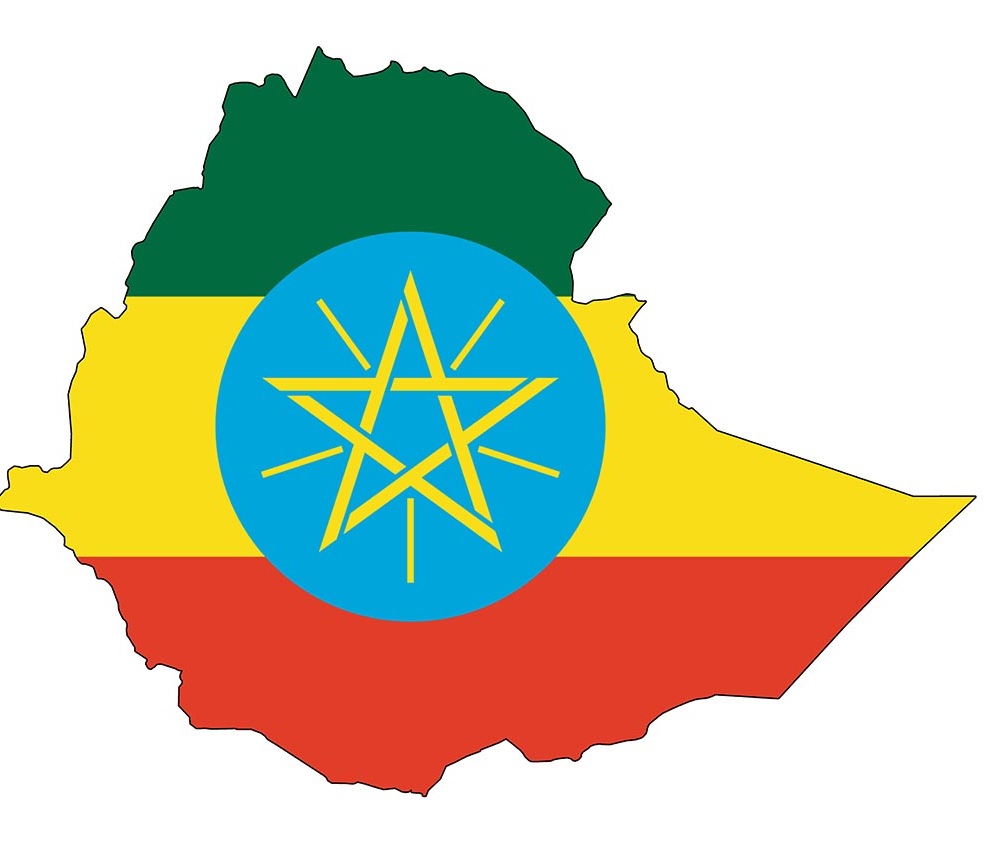Ethiopia & Arab Countries Have Immense Opportunities to Enhance Cooperation - ENA English
Ethiopia & Arab Countries Have Immense Opportunities to Enhance Cooperation

BY SOLOMON DIBABA
A number of important factors and determinants explain the comprehensive relations that have existed between Ethiopia and the Arab countries which predominantly comprise the Middle East Arab countries, the Magreb Arab countries of Africa and the countries of the Gulf Cooperation Council (GCC).
The age old relations between Ethiopia and the Arab countries which kicked off at the First Hegira may be explained from the perspectives of common historical intersection points, geographical proximity, geopolitical and geostrategic relations, trade and economic relations, cultural and people to people relations, religious interactions and exchange of cultural assets that have developed through the prisms of the multi-faceted relations.
Historical relations between Ethiopia and the Arab world date back to 615 A.D. when followers of Prophet Mohammad flee to Aksum upon his advice. King Al-Najashi has received the migrants and they were settled in Negash, a village in the present-day Tigray region. This marked the beginning of religious ties between Ethiopia and the Arab world. It is to be recalled that the Ethiopian Bilal was the first person to declare Muzzin, a call for prayer and that Umma Aymen, the Ethiopian women was the first chief nurse of the Prophet Mohammed. However, these remarkable historical and religious ties between Ethiopia and the Arab world were not used to further mutual benefits for a long time.
Ethiopia is a country with long historical, religious, and economic ties with the Gulf Cooperation Council (GCC) member countries and peoples which constitute the vast majority of the Arab countries. The GCC is a regional organization, which consists of six oil-producing Gulf countries, Saudi Arabia, Bahrain, Kuwait, Oman, Qatar, and the United Arab Emirates (UAE). It was established in 1981 to enhance cooperation among the member countries and their peoples and establish similar systems in economic, financial, education, technology, legislation, administration, and other fields.
Ethiopia’s relationship with the Gulf starts before the seventh century A.D. from long-distance trade relations, but primarily the rise of Islam laid the foundation for the relationship. Ethiopia established formal diplomatic relations with all the GCC member states. However, this long-standing bond has not developed as much as it should have into strong economic and political ties and mutual benefits.
Nevertheless, following the political transition in Ethiopia in 2018, the situation has begun to change significantly and Ethiopia’s relations with the GCC countries have further improved. As discussed below in detail, the Ethiopian government has shown its interest to work closely and cooperate with the Gulf countries in the last three years. Ethiopia and the Gulf countries signed several agreements to improve their overall relationship.
According to Bekele Jemalu Jember, ( 2021) the GCC countries, their relations with Ethiopia are important because: 1) Ethiopia is one of the fast-growing economies and the second most populous countries in Africa, which makes the country a potential consumer market for the GCC countries’ oil and other export commodities. 2) Ethiopia is an influential country in the Horn of Africa. It is the seat of the African Union and the United Nations Economic Commission for Africa (UNECA). The GGC countries’ strong relations with Ethiopia would help them to achieve their interests in the sub-region and the broader Africa. 3) The GCC countries are entirely dependent on imported food. To ensure their food security, they need to expand investment in Agriculture abroad. As Ethiopia is conducive to agricultural investment, they have the potential to establish close relations with Addis Ababa in order to fulfill their food demand.
The oil-rich GCC countries have strong economic power with vast potential for Foreign Direct Investment (FDI). These countries are working to minimize their oil dependence by diversifying their economy. Ethiopia, on the other hand, has offered investment opportunities in agriculture, manufacturing, and service sectors for GCC countries which are compatible with the latter’s goals of diversifying their economy.
To encourage and create favorable conditions for investors, and to mitigate their susceptibility to the challenges that can be encountered in a new and unfamiliar system, Ethiopia has signed bilateral investment treaties with some of these nations. The treaties have recognized reciprocal protection of investments between the signing parties.
In general, the trade relations between the two sides and the flow of the Gulf investment have been growing since recently particularly, in the last three years, the GCC countries’ economic engagements with Ethiopia have shown significant improvements. However, as compared to the huge economic potentials of Ethiopia and the massive capital and demand for agricultural products of the GCC countries, there is still a huge imbalance.
The current global food crisis across the world triggered by the Russo- Ukraine war can be averted if the Arab countries, particularly the GCC countries engage in huge investment in Ethiopia. This would result in mutual benefit and will also promote friendly relations between Ethiopia and the Arab world.